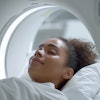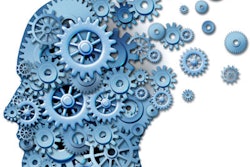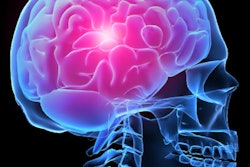Dear MRI Insider,
Countering the results of some previous studies, Norwegian researchers found a "statistically significant and dose-dependent" signal intensity increase in the dentate nucleus of 17 patients who received between 10 and 44 standard doses of a macrocyclic gadolinium-based contrast agent (GBCA).
What's more, the greatest signal intensities were found in two patients who received the highest number of gadolinium administrations, at 37 and 44 apiece.
The findings contradict several studies in which multiple injections of macrocyclic GBCAs showed no evidence of measurable gadolinium retention. Will these results influence the debate over the potential long-term effects of gadolinium retention? Learn more in our Insider Exclusive.
The issue of GBCAs certainly goes beyond scientific research; it's a personal matter for many people. Take, for example, action film star Chuck Norris and his wife Gena. The couple this month filed a multimillion-dollar lawsuit against 11 companies alleging that their products are responsible for Gena's severe health problems.
The litigation ensures that the gadolinium controversy will remain in the public eye and puts a human face on the question of gadolinium retention long after a GBCA-enhanced MRI scan.
In other news, MRI scans have confirmed reduced blood flow in key regions of the brain associated with memory and early dementia in older people whose hearts pump less blood. The findings from researchers at Vanderbilt University Medical Center suggest that suboptimal blood flow in the brain's temporal lobe regions caused by poor heart function could be significant, as this is where Alzheimer's disease is known to develop first.
MRI is also shedding light on neurological complications in people who have contracted the West Nile virus. Many of these patients experience brain damage years after the original infection, according to a new 10-year study by researchers at Baylor College of Medicine in Houston.
Finally, the next time someone offers you a lift to Mars, you had best think twice. Researchers at the Medical University of South Carolina saw changes in brain anatomy on MRI of astronauts who experienced long-term space travel. Their findings could prompt an adjustment in your vacation plans.
Until then, make a visit to the MRI Community part of your daily routine for the latest news and groundbreaking research from around the world.



.fFmgij6Hin.png?auto=compress%2Cformat&fit=crop&h=100&q=70&w=100)




.fFmgij6Hin.png?auto=compress%2Cformat&fit=crop&h=167&q=70&w=250)











